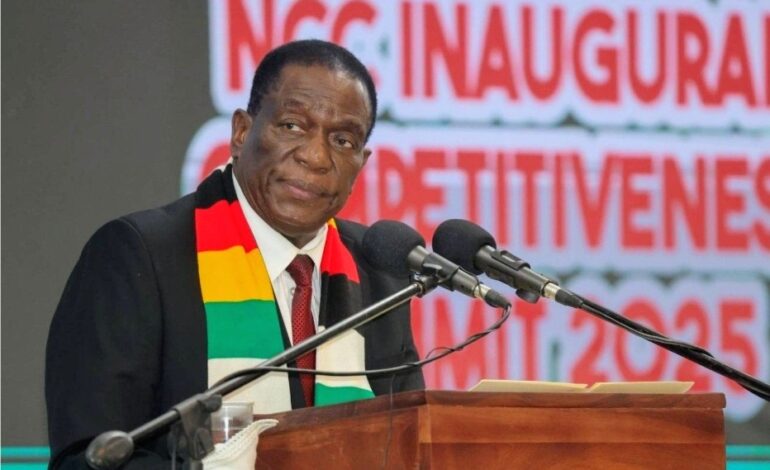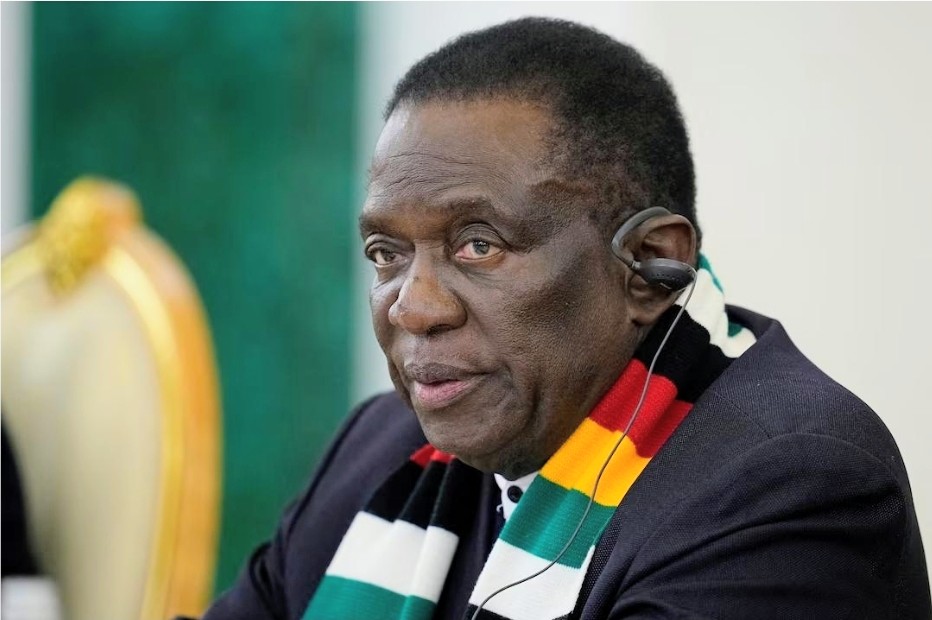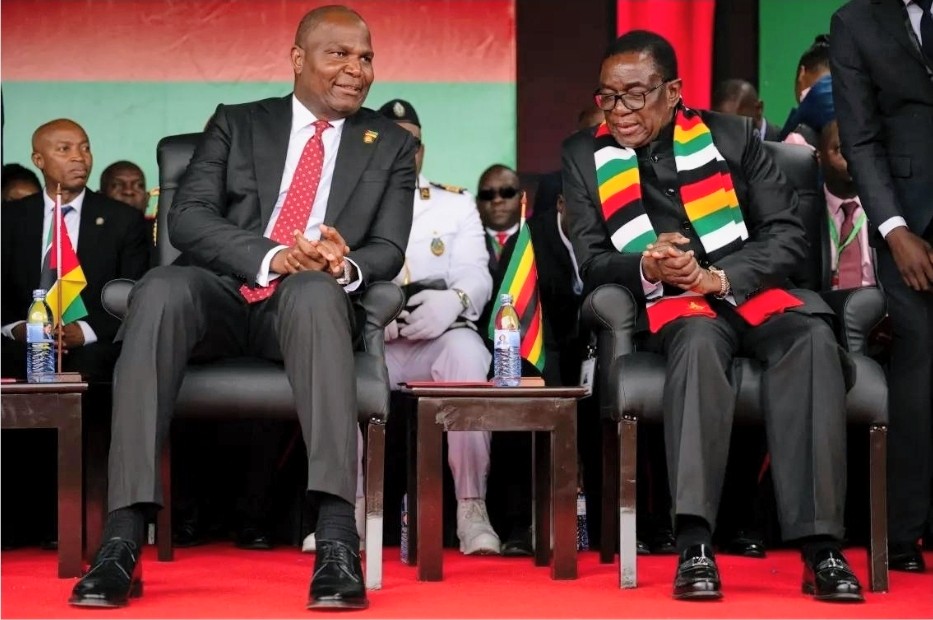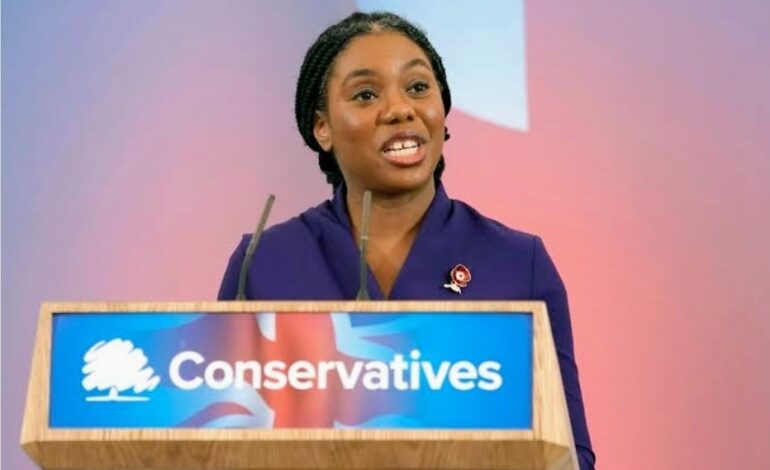
Wayne Lumbasi
Zimbabwe’s ruling party, ZANU PF, has decided to support a plan that could keep President Emmerson Mnangagwa in power until 2030, two years longer than the Constitution currently allows.
The decision was made at the party’s annual conference held in Mutare. Party leaders said the move is meant to maintain stability and continue the country’s development projects.
Justice Minister Ziyambi Ziyambi, who is also ZANU PF’s legal secretary, said the government will start working on changes to the law to make this possible. However, Zimbabwe’s Constitution only allows a president to serve two five year terms. Mnangagwa began his second term in 2023, which means it should end in 2028. To extend his rule, the Constitution would need to be changed, something that requires Parliament’s approval and possibly a national referendum.

The plan has sparked outrage among opposition parties and human rights groups. They say it is unconstitutional and a sign that the ruling party wants to hold onto power by changing the rules. Some within ZANU PF are also said to be unhappy, especially supporters of Vice President Constantino Chiwenga, who is seen as a possible successor to Mnangagwa.
Many Zimbabweans fear that this move could destroy the little trust left in the country’s democratic system. People worry it will create political tension, weaken institutions, and deepen divisions across the nation. There are also concerns that extending Mnangagwa’s term may lead to protests, worsen the economy, and isolate Zimbabwe even further from the international community. For many citizens, this decision feels like a step backward for democracy and a reminder of the long struggle for real political change.

Citizens who oppose the plan say it could increase frustration among young people who already feel shut out of leadership and economic progress. With unemployment high and living costs continuing to rise, many believe the government should focus on improving livelihoods instead of extending political power. They fear the move could lead to public anger and unrest if people feel ignored.
Others warn that this decision could damage Zimbabwe’s global reputation and discourage investment. Foreign partners may see it as a sign of rising authoritarianism, making it harder for the country to rebuild trust and attract support. Instead of promoting stability, the plan may deepen Zimbabwe’s isolation and extend the nation’s political and economic struggles.
OTHER NEWS ABOUT ZIMBABWE
TRAVEL EXPERTS NAME MOROCCO AND ZIMBABWE AMONG 2025’S TOP DESTINATIONS
U.S. SUSPENDS MOST VISA SERVICES FOR ZIMBABWE, ESCALATING DIPLOMATIC TENSIONS
REVIVING TRADITION: HOW NHANGA IS HELPING ZIMBABWEAN GIRLS FIGHT CHILD MARRIAGE








